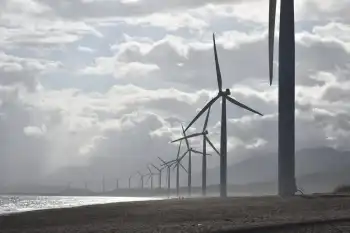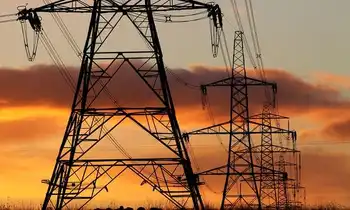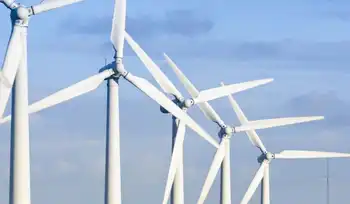Gezhouba Group wins Filipino hydropower order
By Industrial Info Resources
NFPA 70e Training
Our customized live online or in‑person group training can be delivered to your staff at your location.

- Live Online
- 6 hours Instructor-led
- Group Training Available
The Diduyon hydropower project lies on Diduyon River, a tributary of Cagayan River in the north of Luzon Island.
According to the contract, CGGC will build the project in engineering, procurement and construction mode. The scope of works includes a 103-meter, high-rolling compaction concrete dam; an 11-kilometer intake tunnel; a 332-megawatt powerhouse and associated switchyard; a 45-kilometer transmission line; and a 40-kilometer permanent highway. The total amount of the contract will be $600,787,561. The total construction period will be 60 months, starting with the order for commencement from the owner.
As announced, the project will be financed by loans from a Chinese bank. Effectiveness of the contract is subject to the approval of the financing agreement.
As the listed flagship of China Gezhouba Group Corporation, a large enterprise group directly affiliated to the state-owned Assets Supervision and Administration Commission of the State Council, CGGC is initially established for the construction of Gezhouba Dam, the first hydropower project built on the mainstream of the Yangtze River, in 1970, and is now a leading contractor for hydropower and infrastructures in China.
CGGC also has been actively engaged in expanding the overseas market. So far, CGGC has taken on more than 30 contracts in hydroelectric projects, highways, and water supply in the Middle East, South Asia, Southeast Asia and Africa. With rapid growth in the number of international contracts and turnover in the past years, CGGC has become one of the fastest-growing international contractors and has been consecutively listed in ENR's Top 225 International Contractors. Business income of CGGC reached $2.82 billion in 2008.











